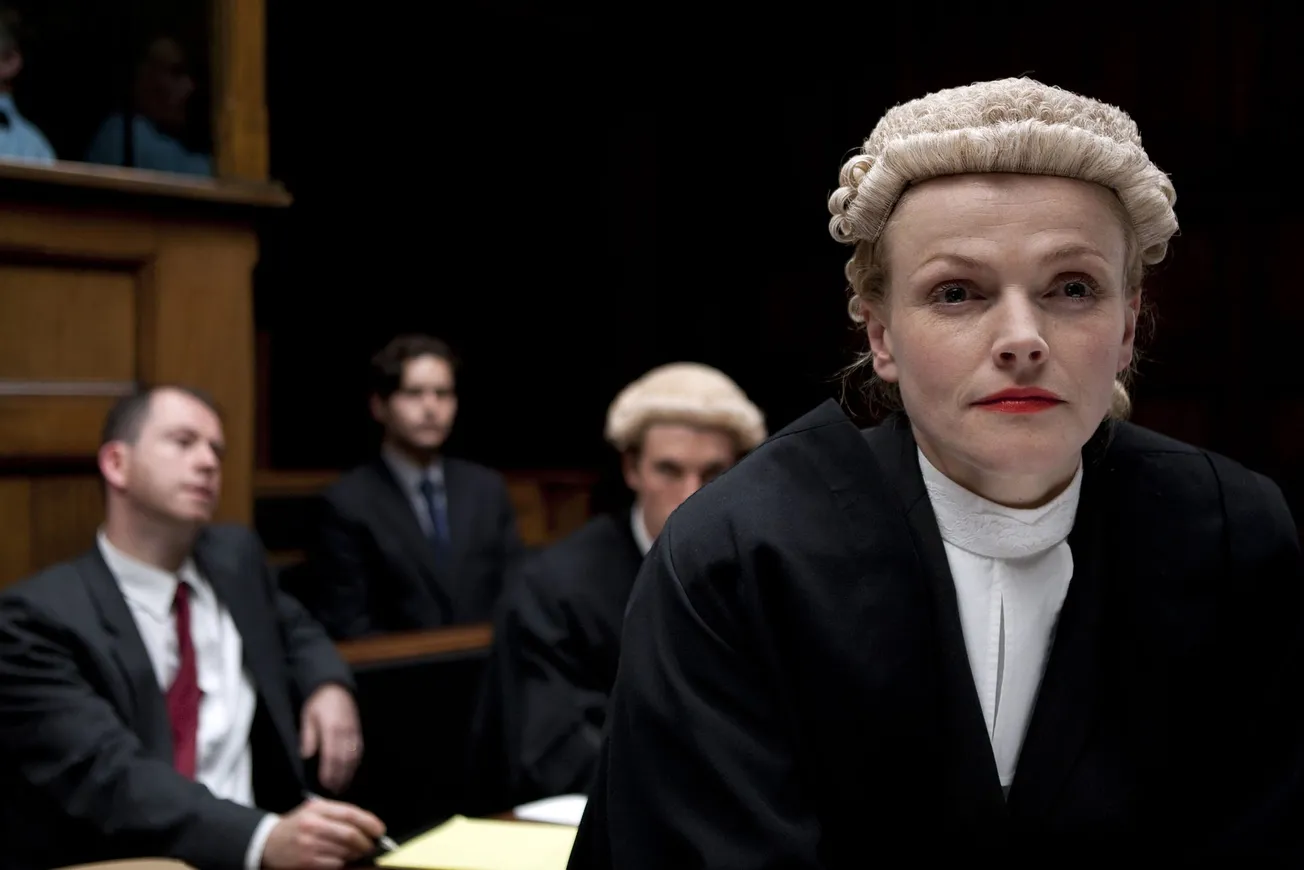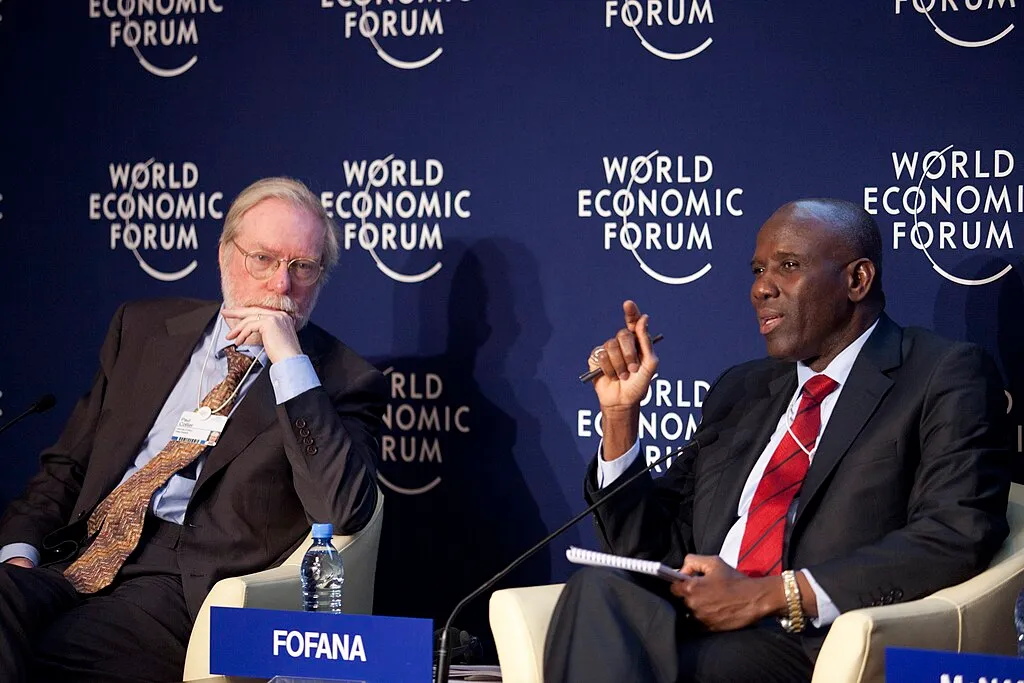Good morning readers — this weekend’s story is about a serious backlog of cases in the criminal justice system and what we saw when we went along to Sheffield Crown Court recently.
The Tribune is still on the lookout for good writers to contribute as we prepare to launch our full service this summer and open our paid memberships. If you’re a freelance writer or you have an idea for a story, please email editor@sheffieldtribune.co.uk.
If you think a friend might find this newsletter interesting, please just forward it on, or you can use the button below to share it via WhatsApp or on social media.
“I am not accustomed to being kept waiting like this,” said the Recorder of Sheffield, Judge Jeremy Richardson QC. None of those assembled in Court 5 one morning last month had any reason to doubt him. Proceedings had been due to start at 10.30am, but half an hour later they had yet to get going.
The reason was simple. Neither the defendant nor his lawyer were there, despite having been told in no uncertain terms the day before that they must attend in person. The one lawyer that had made it to court sat there offering help to the clerks and ushers, trying hard not to look too smug.
The hearing wasn’t even a trial. It was an application that a defendant’s trial be moved to a different jurisdiction, namely London. But after a previous attempt to hear the application descended into farce the day before because of a dodgy cloud video protocol or ‘CVP’ link, Judge Richardson had ordered all parties to be there at 10.30 sharp.
“We are generous in this court about CVP, maybe more generous than we should be,” continued Judge Richardson. “But I am very mindful of the Lord Chief Justice’s ruling that we need to be moving to more in-person hearings. The whole hearing yesterday was a catastrophe.”

During yesterday’s video link ‘catastrophe’, the court was left struggling to understand what was being said as the defence counsel’s stream became completely unsynchronised between sound and vision. After that, the defendant’s continual interruption of proceedings and refusal to remain quiet was the final straw and the hearing was abandoned.
In court, reminders of our strange times were everywhere. Black and gold tape criss-crossed the table in front of the press bench while chairs were piled up nearby. The piled up chairs had been taken from the tiny public gallery area, leaving just three stationed two metres apart from each other. No one was sitting in them.
The unused jury benches on the other side of the room were separated out into 12 Covid-secure plastic boxes, all with their own personal supplies of hand sanitizer. All court staff apart from the judge wore face coverings while moving around the room. Only those on the press bench were left permanently masked.
At the beginning of the day there had been high hopes of a better outcome, but the situation was again threatening to deteriorate. As tannoyed appeals went out for counsel and defendant, the court clerk managed to track down one of his lawyers on the phone. He appeared on the video link shortly afterwards, frantically texting and phoning his client for news on his whereabouts.

“I apologise for causing your lordship anxiety but I am assured he will be here by 11,” insisted the defendant's lawyer. “I am going to issue a warrant for his arrest which will come into effect at 11.30,” responded Judge Richardson, his patience finally worn thin by the morning’s events. “Anxiety is not an emotion I am feeling at the moment. Irritation is!”
Another text message pinged on the video link. “My Lord, he is just coming up the stairs,” said the lawyer, triumphantly. It was now 11.10 — 40 minutes after the allocated starting time. But with the defendant present and his lawyer on a seemingly robust video link, maybe now the hearing could be dealt with in a timely manner?
The defendant walked tentatively into court like a man who was expecting a dressing down. In the end the judge seemed more relieved to see him. He stood accused of serious crimes but his counsel had applied to have the case heard in London, and there was also a separate civil action to be considered, further complicating the situation. Such an important matter was not one which could be decided with a lawyer on a video link, Judge Richardson insisted, especially with the London courts already fit to bursting.
After surrendering to the dock, the defendant told the court he had no income at the moment, but promised Judge Richardson he would be able to come back at 2pm on Thursday — two and half days after the application was initially due to be dealt with.

The wheels of justice turn notoriously slowly, and in the times of Covid it seems sometimes that they have almost stopped altogether. In the end, a hearing only originally scheduled for half an hour would eventually take up large chunks of three days’ court time. Crown Court cases are often messy and difficult affairs at the best of times. Add to that illness, dodgy video links and enforced social distancing and they can become interminable.
“There’s no denying that the pandemic has changed the way we work,” Richardson wrote last year in a blog post about how the Sheffield courts system has responded to the pandemic. “We are all doing jobs in a way that we never envisaged 12 months ago. All of us have missed the way we did things.”
It is a problem being repeated across the whole country. According to a House of Lords committee, Crown Courts in England are facing a backlog that has now reached ‘crisis levels’. In a story about the committee’s report in The Guardian, chair Ann Taylor described the huge logjam as ‘neither acceptable nor inevitable’ and called on the Government to create more so-called ‘Nightingale courts’ to help clear it.
The Ministry of Justice responded that ‘scores’ of these courts had already been created and that remote hearings had increased by an astonishing 4,000%. It also said outstanding magistrates’ court cases had fallen by 50,000 since last summer and more jury trials were being heard every week. But the government acknowledges that ‘major challenges’ remain.

The hearing was just one of hundreds making their way through Sheffield Crown Court in the week I visited. All of them require not only meticulous preparation from the lawyers but also logistical skill from the army of people who organise the courts, judges, defendants, witnesses and security for each case. The most serious cases involving murders and rapes are understandably being prioritised, but this still leaves hundreds of serious cases involving sexual offences, violent crimes and weapons possession waiting more than a year to be dealt with.
In the last quarter of 2020, figures show there were 56,827 outstanding cases at Crown Courts in England and Wales, an increase of 49% on the same period in 2019. Sheffield Crown Court’s outstanding cases rose by 46%, from 796 in the last few months of 2019 to 1,166 at the end of last year. It’s worth noting that if you go back a few years, the courts were experiencing similar numbers of outstanding cases for different reasons, so the present backlog is not without precedent.
Such is the impact of Covid on the courts that it will take years for the backlog to be completely wiped out, in an echo of what is happening with outstanding operations in our hospitals. Cases involving murder and rape in several jurisdictions in England have recently been given provisional trial dates in the year 2023.
This morning, in a Crown Court in England, we put a trial into a warned list in January 2023.
— Robert Levack (@RobEdward90) 12:26 PM ∙ Feb 8, 2021
that's not even a date when the case will be guaranteed to start, just the 2 week window when we all might get 18 hours notice that the case is starting. #thelawisbroken
After finally dealing with the morning’s first business, the day’s trial could begin. As the fully masked jury made their way into their giant vivarium, Judge Richardson apologised to them for the added indignities of the pandemic. 14 were whittled down to 12. Then each of them had to stand, remove their face covering to read the oath before replacing it and keeping it on throughout the proceedings.
After all the jurors were sworn in there was no time left in the morning, meaning the court had to immediately break for lunch. The case — a Doncaster armed robbery — would collapse that afternoon because of a lack of evidence. In the end the entire day would, on the face of it, not have achieved very much. But this is what justice often looks like, especially in a pandemic. Slow, frustrating, messy — and fraying the wits of the people we entrust to deliver it.
If someone forwarded you this newsletter, please join The Tribune’s mailing list to get all our journalism in your inbox.
We hope you’re enjoying our newsletters, and we’d love you to spread the word about The Tribune by sending it to your friends. Simply forward this email or click the share button below.
If you have a story you would like us to look into, hit reply to this briefing or email editor@sheffieldtribune.co.uk.

Comments
How to comment:
If you are already a member,
click here to sign in
and leave a comment.
If you aren't a member,
sign up here
to be able to leave a comment.
To add your photo, click here to create a profile on Gravatar.







